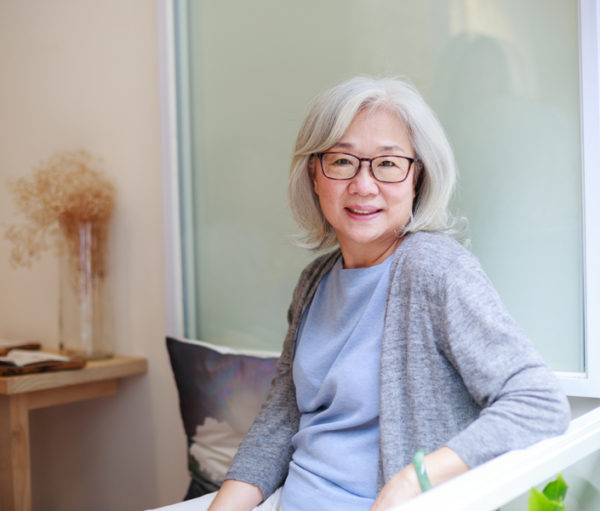Census Figures Show More Older Adults Will Be “Aging Solo”

Figures from the 2020 Census have been released, and they confirm what many experts suspected: More and more older adults have no children, and more are living alone, without a spouse or partner who could assist them if they need care. Census Bureau demographers predict that in the years to come, more and more elders will be “aging solo.”
Four demographic changes are behind this trend:
- People are living longer. The Census Bureau predicts that by the year 2030, 20% of people living in the U.S. will be older than 65. Even with a slight dip in life expectancy due to the COVID pandemic and the opioid crisis, today’s seniors are living longer—but their later years are likely to be marked with disability to a slightly greater degree than their parents’ generation. “The increased life expectancy may not necessarily translate into corresponding increases in years living in good health,” say Census experts.
- Baby boomers had fewer children than their parents did. Families are smaller now, and 2020 Census figures show that today, more than 15 million older adults have no children. That’s one in six seniors, and that percentage is expected to grow. Census Bureau demographer Jonathan Vespa said, “The aging of baby boomers means that within just a couple decades, older people are projected to outnumber children for the first time in U.S. history. By 2035, there will be 78 million people 65 years and older compared to 76.4 million under the age of 18.”
- More people are divorced or never married. The divorce rate for people aged 55 – 64 has more than doubled in the last 25 years, and there is also an increase in people who never married or partnered, meaning seniors are less likely to have a spouse to help care for them. Today more than 22 million older adults live alone, many of whom also have no children.
- Older adults may be “orphaned” by distance or circumstances. Increased mobility means some families drift apart over the years; fewer elders say they can rely on their adult children or siblings for care. The AARP predicts that while seniors today have an average pool of seven family members who can help, by midcentury, that number will drop to fewer than three. It’s already not uncommon, for example, for an only child to be supporting the care needs of divorced parents, their stepparents and maybe their grandparents as well. And with our longer lifespan, adult children might even need care support before their parents do.
For solo agers, it’s so important to plan ahead.
Being in denial about the changes aging can bring could leave a solo ager with fewer choices and less support when they need it. Experts suggest creating a care plan far in advance of need. Here are things to consider:
Arrange for people who can help. Some solo agers ask a trusted friend to serve as their financial and/or health representative. Others may have a more distant relative who could be called upon—a cousin, niece or sibling. Others engage the services of aging life care professionals (also called geriatric care managers) to coordinate and oversee their care. Elder law attorneys and financial advisers can help with financial planning.
Think about where you would want to live if your care needs changed. When we’re younger, we assume that we will always want to live in our own home. But it’s important to consider whether your current home would allow for that if your care needs were to change. Learn all you can about senior living options. Often, a senior living community is the best choice.
Make a plan for care. We all hope we’ll remain healthy and independent well into our later years. But odds are we’ll be living with mobility, sensory or cognitive challenges. Put advance directives into place and name a health care proxy. Again, learn about supportive senior living options that could support your care needs.
Have a financial checkup. Have you saved enough to pay for care? Have you arranged for a trusted individual to help you manage your money in the event you can no longer do so? Make this decision carefully; sadly, seniors can be at high risk of financial elder abuse.
Think about your social needs. Gerontologists tell us that loneliness is as damaging to our health as obesity or smoking. We’re social creatures, and we crave human contact. Seniors who live alone are at higher risk of social isolation. Start setting up social networks early, through volunteer service, a purposeful collection of friends, and all-important intergenerational connections. Some seniors are forming “chosen families” with whom to grow old. And choosing to make a senior living community home can be a great way to build and maintain strong social ties.
The information in this article is not intended to replace the advice of your financial planner and other advisers. Start these conversations early for the best planning outcome.
Source: IlluminAge


